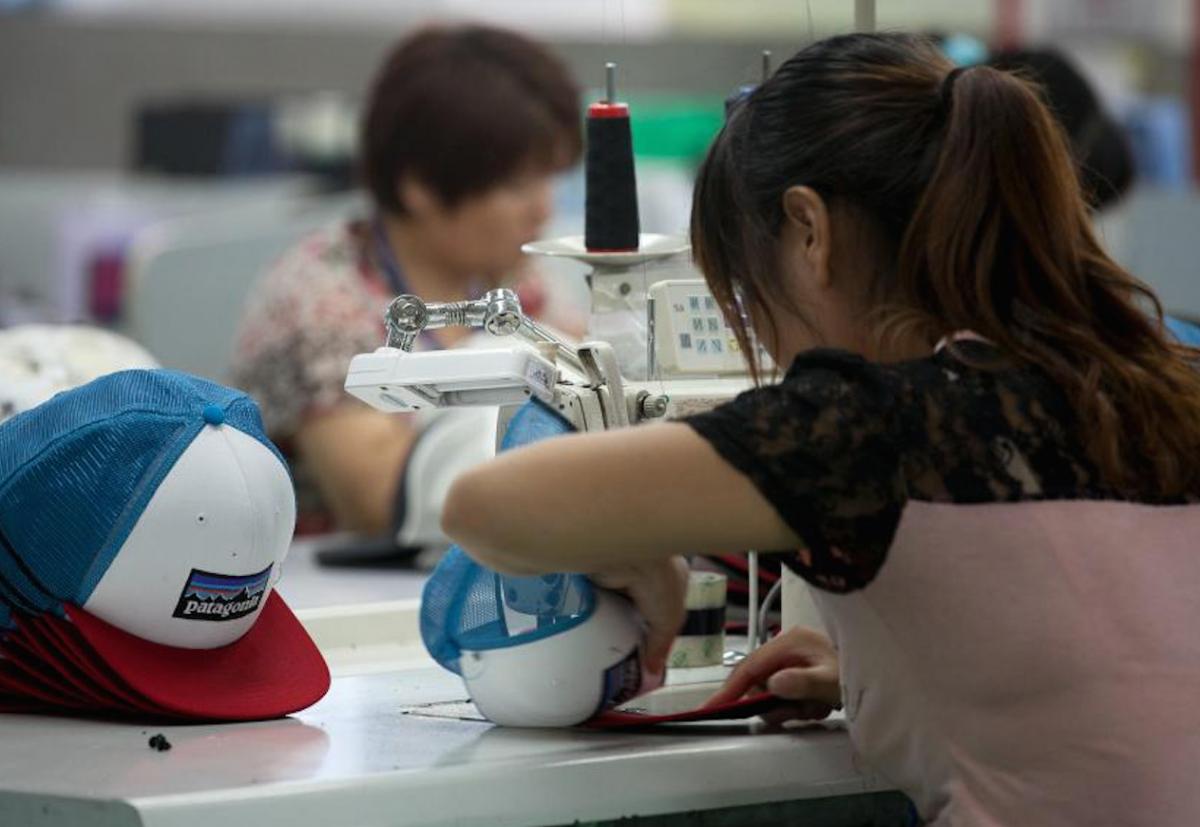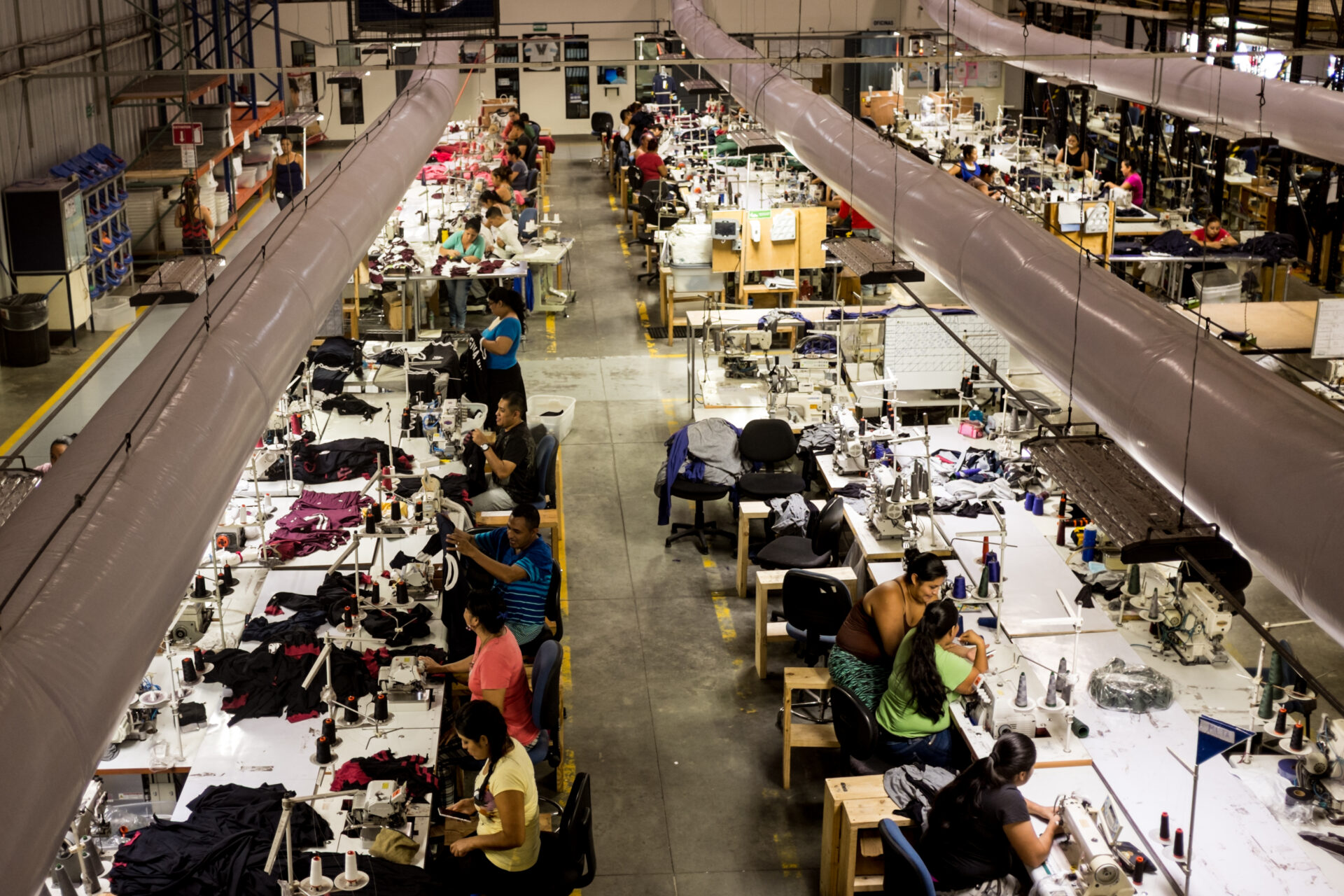Fair Labor Accreditation Process

Fair Labor Accreditation signifies that an agriculture or manufacturing company has effective systems in place that protect workers in its global supply chain. Our goal is to prevent abuses, ensure sustainable compliance, and remediate violations of FLA’s internationally respected standards. The Fair Labor Accreditation process simultaneously supports compliance with new and emerging mandatory human rights due diligence regulations.
The process of Fair Labor Accreditation sets a manufacturing company on a concrete path to improving labor conditions in its Tier One and owned manufacturers. For agriculture companies, the accreditation program is designed to verify and strengthen working conditions in the agricultural tiers of a company’s global supply chain.
To earn Fair Labor Accreditation, companies must meet a rigorous series of milestones that mark progress in implementing, monitoring, and remediating workplace standards based on FLA’s Fair Labor Practices. Each milestone represents a key building block in the continuous journey toward developing an effective human rights due diligence program that improves working conditions and worker well-being.
First, companies must report on the foundational elements of their human rights due diligence program, including systems, procedures, strategies, and tools to address and improve working conditions within identified tiers of their supply chains. FLA verifies submitted documents, providing feedback and recommendations.
FLA staff and assessors then observe and evaluate a company’s actions in its supply chain, traveling to countries where it sources inputs and visiting factories and farms that produce many of the goods that consumers see and use every day. FLA then verifies observed practices against the FLA Fair Labor Code.
Throughout the process, FLA engages with stakeholders at headquarters and within supply chains to assess how the company is improving its protocols and processes based on FLA’s Fair Labor Practices. Evaluation includes how companies can better monitor and address issues like nondiscrimination, harassment or abuse, forced labor, child labor, freedom of association and collective bargaining, health, safety and environment, hours of work, and fair compensation.
As companies progress in their respective accreditation journeys, FLA reports findings publicly and provides ongoing analysis and feedback to companies. The result is a continuous improvement process for socially responsible corporations committed to protecting workers and improving working conditions.
View assessment reports
Throughout the evaluation process—and following accreditation—FLA provides a third-party complaint system for workers, unions, civil society, and others to report workplace issues. The company’s response to any relevant complaints is evaluated when considering the company for Fair Labor Accreditation.
After a company fulfills all requirements of the first four milestones and following the review of a comprehensive accreditation report prepared by FLA staff, the FLA Board of Directors votes to grant a company Fair Labor Accreditation. Once a company earns Fair Labor Accreditation, it becomes eligible to display the Fair Labor Accreditation badge in non-product specific applications.
Fair Labor Accreditation indicates a company’s comprehensive human rights due diligence and demonstrated performance in protecting workers’ rights at the time of accreditation. Following accreditation, a company enters Milestone 5, which focuses on maintenance and ongoing due diligence.
To ensure companies uphold FLA standards and requirements following accreditation, they are assessed annually through Milestone 5 Post-Accreditation Reports, which verify that they are maintaining alignment with FLA standards and principles. Milestone 5 evaluations follow a three-year cycle, with three principles evaluated each year.


